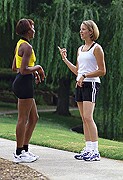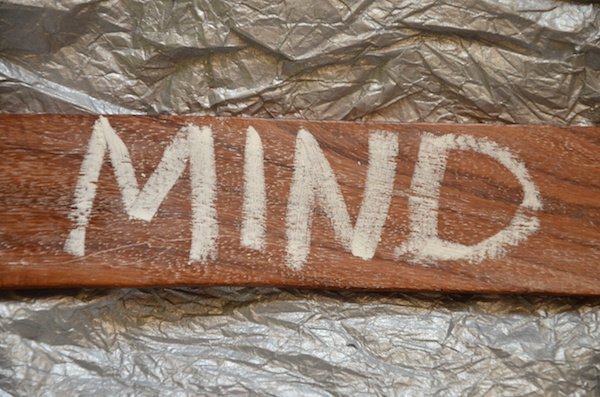
MONDAY, Jan. 17 (HealthDay News) — Your friends aren’t just people you enjoy: You tend to befriend others with similar or complementary genes, a new study suggests.
Researchers from the University of California, San Diego found that gene clusters were comparable among friends, even after accounting for the predisposition to befriend others in the same geographic area.
The team analyzed two independent U.S. health studies, the Framingham Heart Study Social Network and the National Longitudinal Study of Adolescent Health, which allowed respondents to name friends over a period of time ranging from six to 32 years.
“It does blur the line between nature and nurture, that’s for sure,” said study author James Fowler, a professor of medical genetics and political science. “We show in this paper that our environments, in part, are based on the genes of our friends. What the study brings to light is that genes of other people are part of what affects our environment.”
Mapping specific genetic markers within each individual’s social network, the researchers learned that individuals tend to forge friendships with those who share two of six tested markers.
For example, those who carried the so-called DRD2 marker, which is associated with alcoholism, were apt to befriend other DRD2-positive friends, while those without the gene formed alliances with other DRD2-negative peers.
Fowler said this situation exemplifies homophily, a sociological term that means “love of like” and illustrates the adage “birds of a feather flock together.”
“We were wondering if this was true not just socially, but biologically and genetically,” he said. “It makes sense because we know there are some genes associated with social outcome.”
The team was surprised to find that individuals also tend to befriend those with opposite but complementary traits. People who carried a gene known as CYP2A6, which is associated with an open personality, tended to form friendships with others who lacked that genotype.
This negative association, called heterophily, is illustrated by the adage “opposites attract,” Fowler said. It even affects the choice of a spouse, he noted, indicating that people usually choose mates with a different but complementary immune system to maximize their own health.
“As a child, I would always wonder how both of these [adages] could be true,” he said. “This study emphasizes it’s going to be true for different attributes.”
The study, published online in this week’s issue of the Proceedings of the National Academy of Sciences, makes the argument that social networks are not just randomly chosen, but are dictated at least somewhat by genetics, he said.
“We’ve never known before that we have that correlation between friends,” Fowler said. “We live in a sea of the genes of others. We shouldn’t just be thinking of the impact our genes have on our outcomes, but what the impact of our friends’ genes are on our outcomes.”
Ting Wu, a professor of genetics at Harvard University, said she finds the study exciting because genetics has been taught in a “very strict fashion” for many decades.
“We’ve been trained to think about genes in a particular way,” Wu said. “Now we have the time and luxury to look for phenomena we haven’t studied.”
“It makes sense that what makes us the way we are can influence how we choose our friends,” she added. “We know our friends influence us.”
More information
For more information about genetics, visit the U.S. National Institutes of Health.

